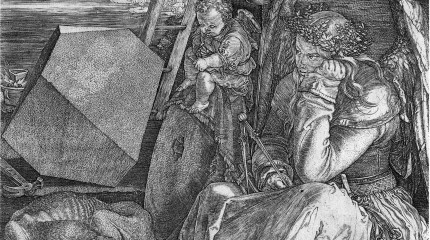The Divine Comedy is a literary masterpiece wrote by the genie of Dante Alighieri in the first half of the 14th century (1306/1307 and 1321). The Comedy symbolises humankind’s journey for redemption through the three afterlife kingdoms: Inferno, Purgatory and Paradise.
While Purgatory and Paradise are embedded with theological and philosophical considerations, Inferno is a testimony of the political corruption at that time. Italy was the battlefield for the political fights between the Pope and the Emperor. It was one of the most merciless ‘Games of Thrones’ in medieval history.
Through his journey in the ‘infernal burella’, Dante tells the story of many political and religious figures, who – blinded by political ambitious – committed murders, cannibalism, treason, and suicide all in the name of ‘worldly power’.
In a sense, Dante’s Inferno is the first attempt to challenge the dominant social imaginary through storytelling. Dante is aware that unless humanity achieves spiritual redemption, his world will be forever lost in the wood of sins and corruption.
Each girone (the circle that constitutes Hell) introduces characters that embed a specific characteristic of the dominant imaginary that needs to be criticised. The only exception can be found in Canto V (chapter V), in which – only on this occasion- Dante took pity of two condemns: Paolo and Francesca di Rimini.
“Love which quickly takes a gentle heart, took him for my fair shape.
Love which does not allow not to love back, took me for him.
Love lead us to one single death” (vv. 103-105, Canto V, Inferno)
Canto V is the testimony of Dante’s powerful narrative technique that triggers empathy in the readers. Even though Paolo and Francesca committed adultery and therefore had to be put in the circle of the lustful, their love story is so moving that the readers conceive them as the innocent victims of a dreadful/unjust fate.
Francesca di Rimini was a beautiful noble girl – destined to become a nun – but she was kidnapped and forced to marry the violent Gianciotto Malatesta, Paolo’s older brother. While living together, Paolo and Francesca fell in love. Unfortunately, the brother discovered their affair and killed the two lovers, condemning his brother and his wife to an eternity in Hell. Nevertheless, Paolo and Francesca’ sin becomes secondary to the readers because what really matters is that their life was brutally interrupted. Paolo and Francesca can be finally together and free to live their love but they have to go through eternal suffering.
In this Canto, Dante uncommonly employs a sweet, romantic and poetic language. The tercets are characterised by a slow rhythm that creates emphasis and pathos to the story. The readers are capable of creating an emotional connection with the characters and cannot help identifying themselves with the pain and sorrow these two star-crossed lovers have to go through every day to be together.
Paolo and Francesca’ story is an outstanding example of the emotional power of language that may open doors to change and better justice.
